Savoring Feijoada The Soulful Bean Stew of Brazil
9 min read Discover the rich flavors and cultural significance of Feijoada, Brazil's iconic and hearty bean stew, celebrated for its soulful taste and culinary heritage. July 06, 2025 12:05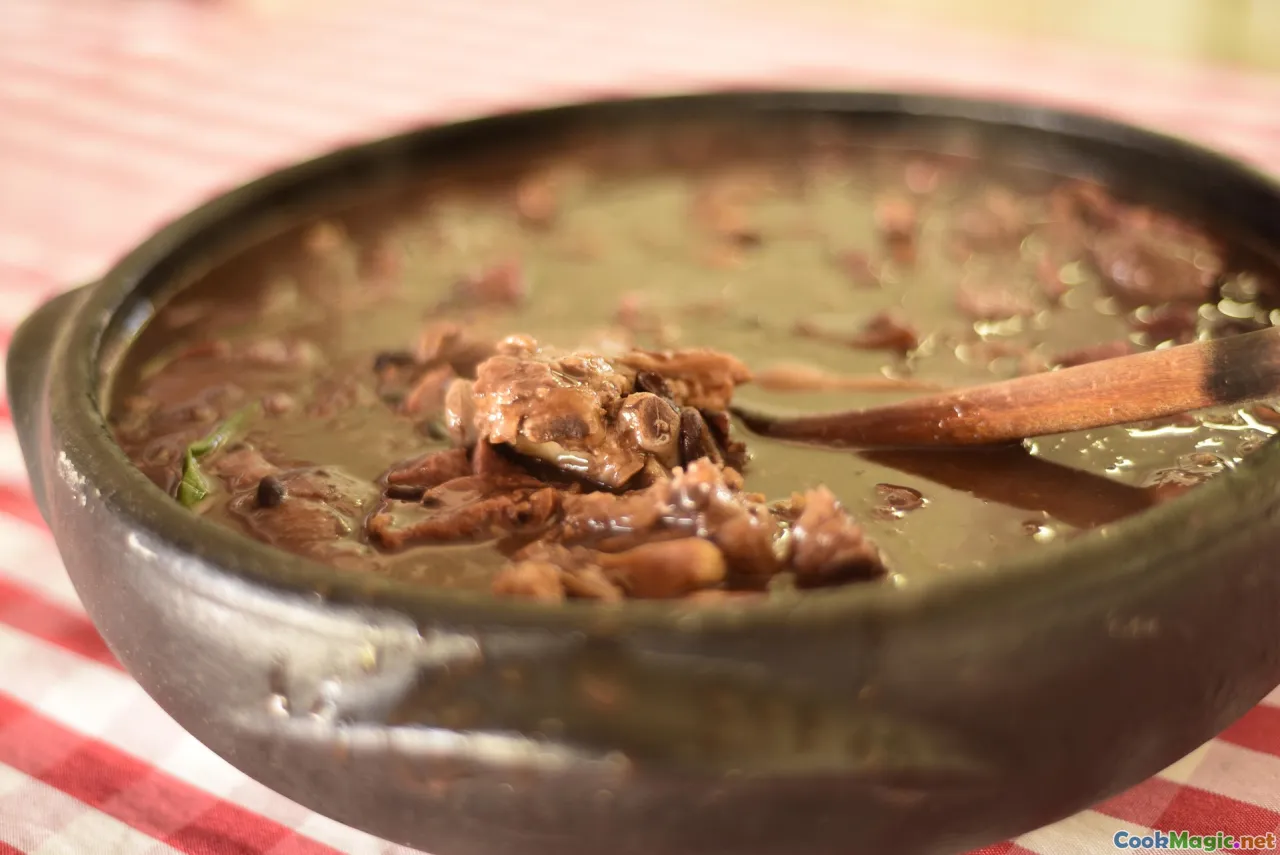
Savoring Feijoada, The Soulful Bean Stew of Brazil
Imagine the rich aroma wafting through the warm air on a bustling street in Rio de Janeiro or the quiet comfort of a Sunday gathering in a small Brazilian village. Feijoada — a hearty, soul-sharing dish — is more than just a stew; it’s a living testament to Brazil's history, culture, and joie de vivre. As you delve into its depths, you are invited not only to taste a complex tapestry of flavors but to experience an authentic slice of Brazilian spirit.
A Historic Staple: The Roots and Evolution of Feijoada
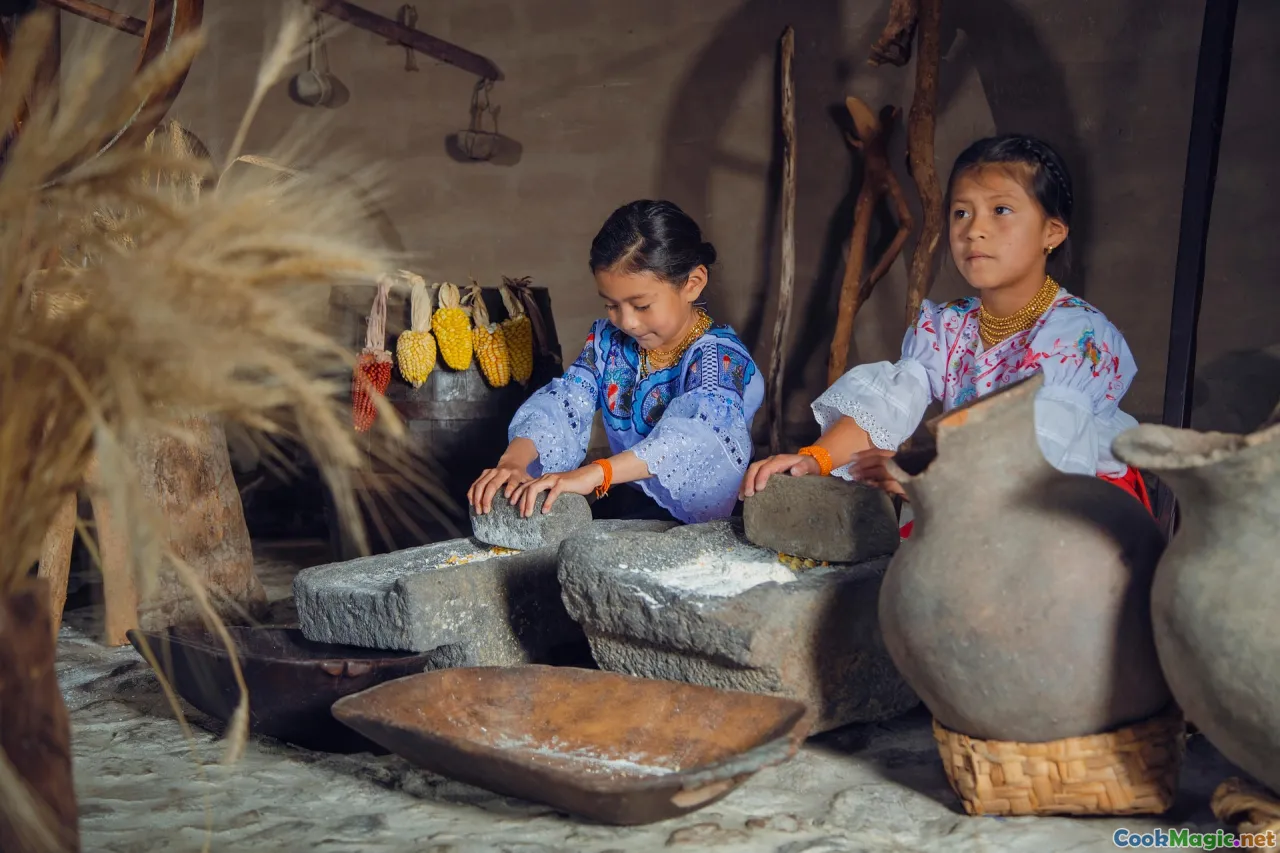
Beneath its thick, nutritious exterior lies a history as layered as the dish itself. Feijoada’s origins trace back to Portuguese culinary roots, where black beans were historically combined with pork. The term "feijoada" itself likely derives from "feijão," the Portuguese word for beans. Over centuries, indigenous ingredients—such as tropical meats—began to merge with European influences.
During the colonial period, enslaved Africans contributed their culinary traditions, adding smoked sausages, vegetables, and techniques that enriched the stew, transforming it from humble peasant fare into Brazil’s most emblematic national dish. Today, feijoada embodies a multicultural tapestry, weaving together African, Indigenous, Portuguese, and local Brazilian flavors.
The Ingredients: An Ode to Local Bounty
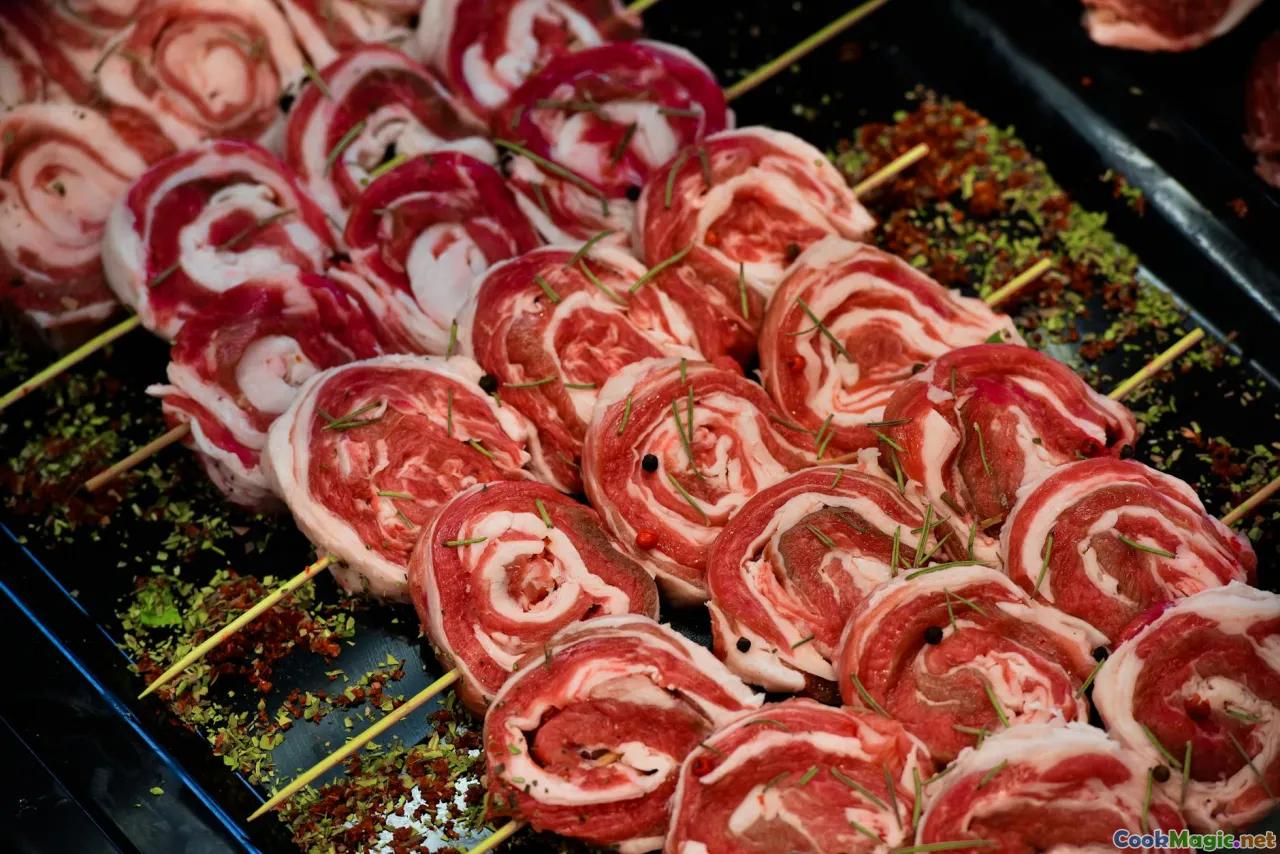
A quintessential feijoada features a robust assembly of ingredients:
- Black Beans: The hearty backbone, simmered until tender, carmelized slightly to develop a deep umami flavor.
- Pork Cuts: Often including salt pork, smoked ribs, and ears—each contributing a smoky richness.
- Sausages and Preserved Meats: Charque (dried beef), linguiça, and smoked sausages like chorizo, offering bursts of spice and aroma.
- Vegetables & Aromatics: Onions, garlic, bay leaves, and sometimes tomatoes add layers of flavor.
Using fresh, quality ingredients from local markets—like São Paulo’s Mercado Municipal or Rio’s Feira de Copacabana—can elevate the dish as you select meats with a smoky depth and beans with perfect creaminess.
Preparing the Perfect Feijoada: Step-by-Step

Creating an authentic feijoada reveals a ritualistic process rooted in patience and love:
- Soak the Beans: Rinse black beans and soak overnight to ensure even cooking.
- Render & Sauté: In a large pot, render fat from pork meats, then sauté garlic and onions until fragrant.
- Combine & Simmer: Add soaked beans, smoked meats, sausages, and herbs. Cover with water or broth, then low-and-slow simmer for 2–3 hours.
- Adjust Seasonings & Texture: During cooking, skim excess fat and add more liquid if needed. The beans should be tender but intact.
- final Touches: Before serving, enrich the stew with fresh herbs, like chopped parsley or cilantro, for brightness.
Patience is key; the slow simmer develops deep, smoky flavors that define the dish — a labor of love passed from generation to generation.
Serving and Accompaniments: Elevating the Experience
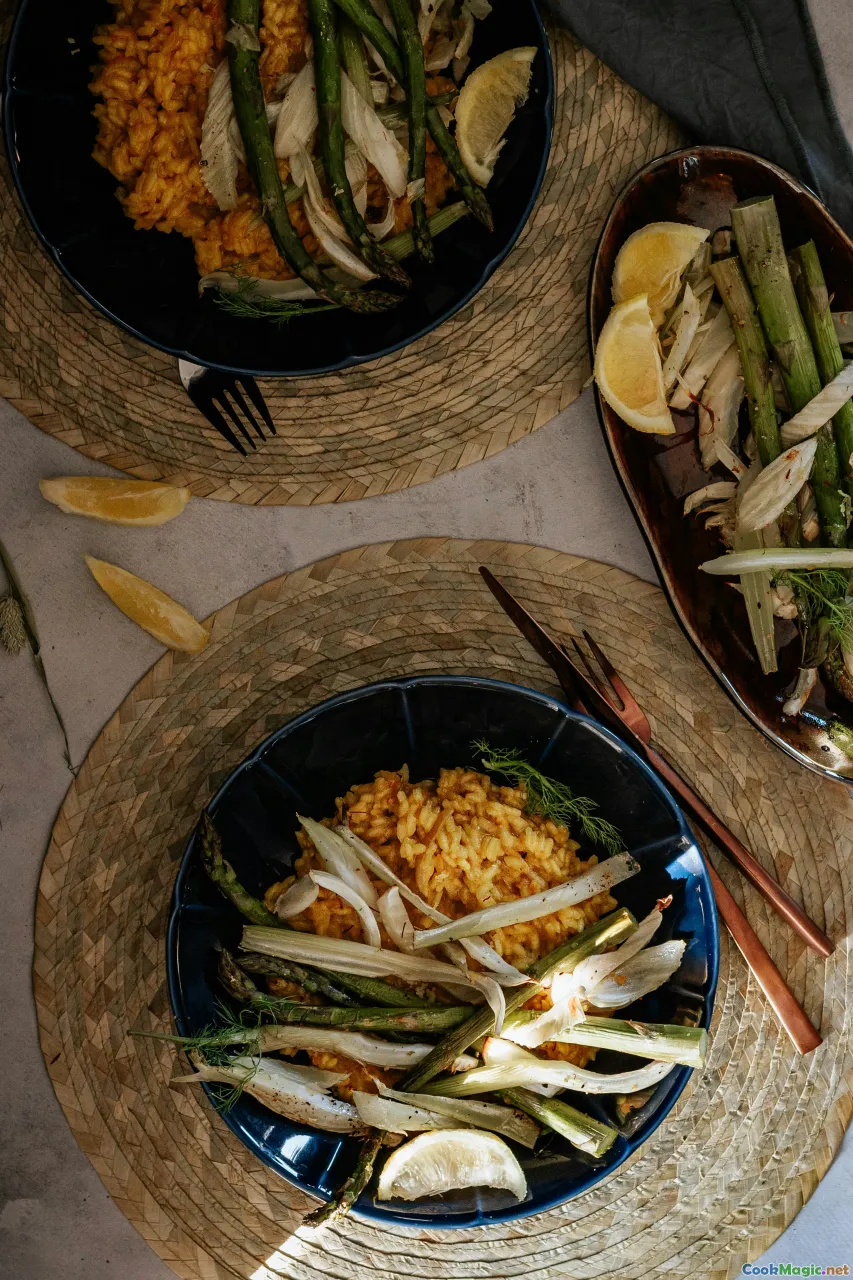
Feijoada is typically served family-style on large platters or clay pots, allowing everyone to share in the communal experience.
Classic Pairings Include:-White Rice: Neutral and fluffy, helps balance the richness.
- Farofa: Crispy toasted manioc flour, often cooked with butter, onions, and bits of bacon, adding a crunchy texture.
- Cooked Greens: Collard greens sautéed with garlic provide a slight bitterness that cuts through the richness.
- Hot Sauce & Lime: For those who like a spicy kick and zesty contrast.
Enjoy with a cold caipirinha or a glass of Brazilian cachaça for an authentic tropical beverage experience.
Regional Variations and Personal Touches

Though the classic recipe holds sway, regional variations flourish across Brazil:
- Bahian feijoada often incorporates ingredients like dried shrimp and more prominent spices.
- São Paulo’s style is known for its generous use of smoky sausages and a thicker stew.
- In Minas Gerais, meats like veal can add a different depth.
Personal touches, such as adding a splash of coconut milk or substituting local beans, can make each feijoada uniquely yours.
The Cultural Significance: More Than a Meal
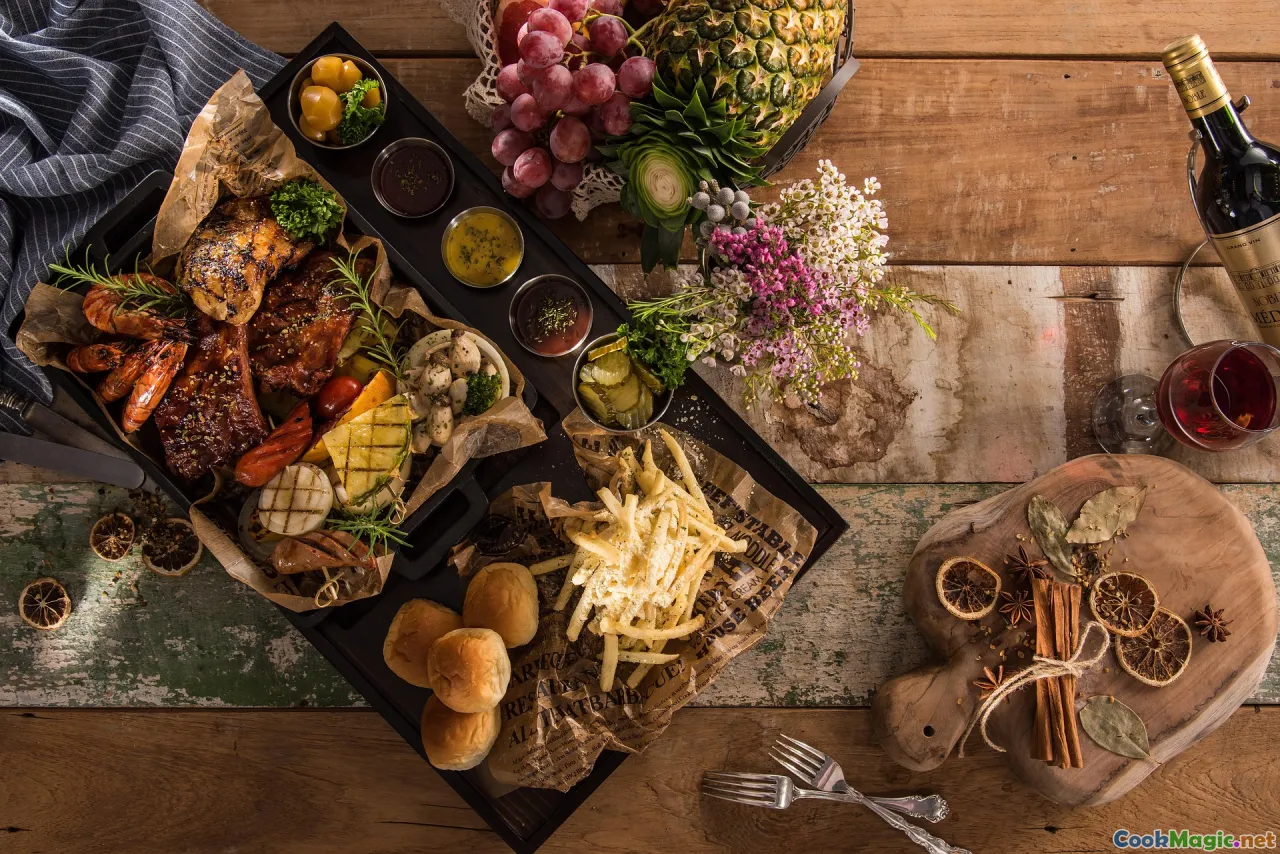
Feijoada isn’t merely food; it’s an event, a tradition that unites families and communities. Sunday feijoadas, a longstanding Brazilian custom, often involve large gatherings, lively music, and shared stories around steaming bowls. These moments symbolize togetherness, resilience, and a celebration of life’s simple pleasures.
In cities like Rio or Salvador, eateries specializing in feijoada serve as cultural hubs where the soulful aroma floats through the streets, inviting passersby. Many Brazilian restaurants worldwide also pay homage to tradition, offering authentic feijoada alongside lively samba nights.
Tips from the Kitchen: Mastering Feijoada at Home

- Use Quality Meats: Investing in good smoked sausages and pork cuts elevates the dish.
- Patience is Key: The deep flavor emerges from slow cooking; resist the temptation to rush.
- Taste and Adjust: Balance savory, smoky, and spicy elements throughout cooking.
- Prepare in Advance: Flavors deepen overnight, making leftovers even more delicious.
- Get Creative: Experiment with regional variations or add personal favorite ingredients for a unique touch.
Remember, feijoada is a dish that thrives on love, patience, and the willingness to embrace its hearty, imperfect charm.
Experience the Heart of Brazil in Every Bite Feijoada is more than a dish; it’s an immersion into Brazil’s soul. Its smoky aroma, tender meats, and comforting beans evoke stories of shared history and vibrant culture. As you sit down to savor this culinary treasure, you partake in centuries of tradition, warmth, and community—a true celebration of Brazilian life.
So gather your ingredients, invite friends or family, and embark on a flavorful journey to Brazil with every spoonful of feijoada. Sua cozinha, seu mundo, seu feijoada!









